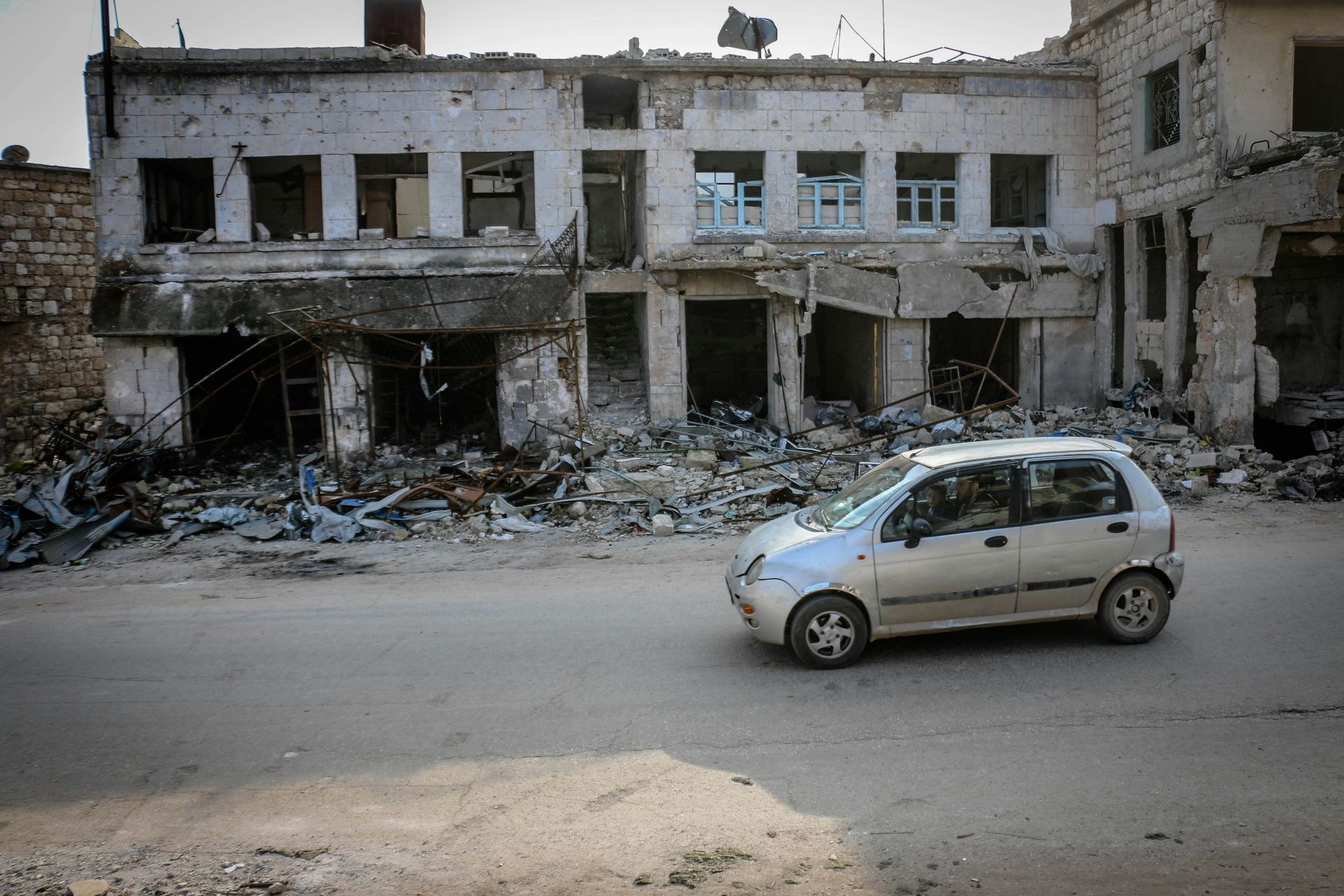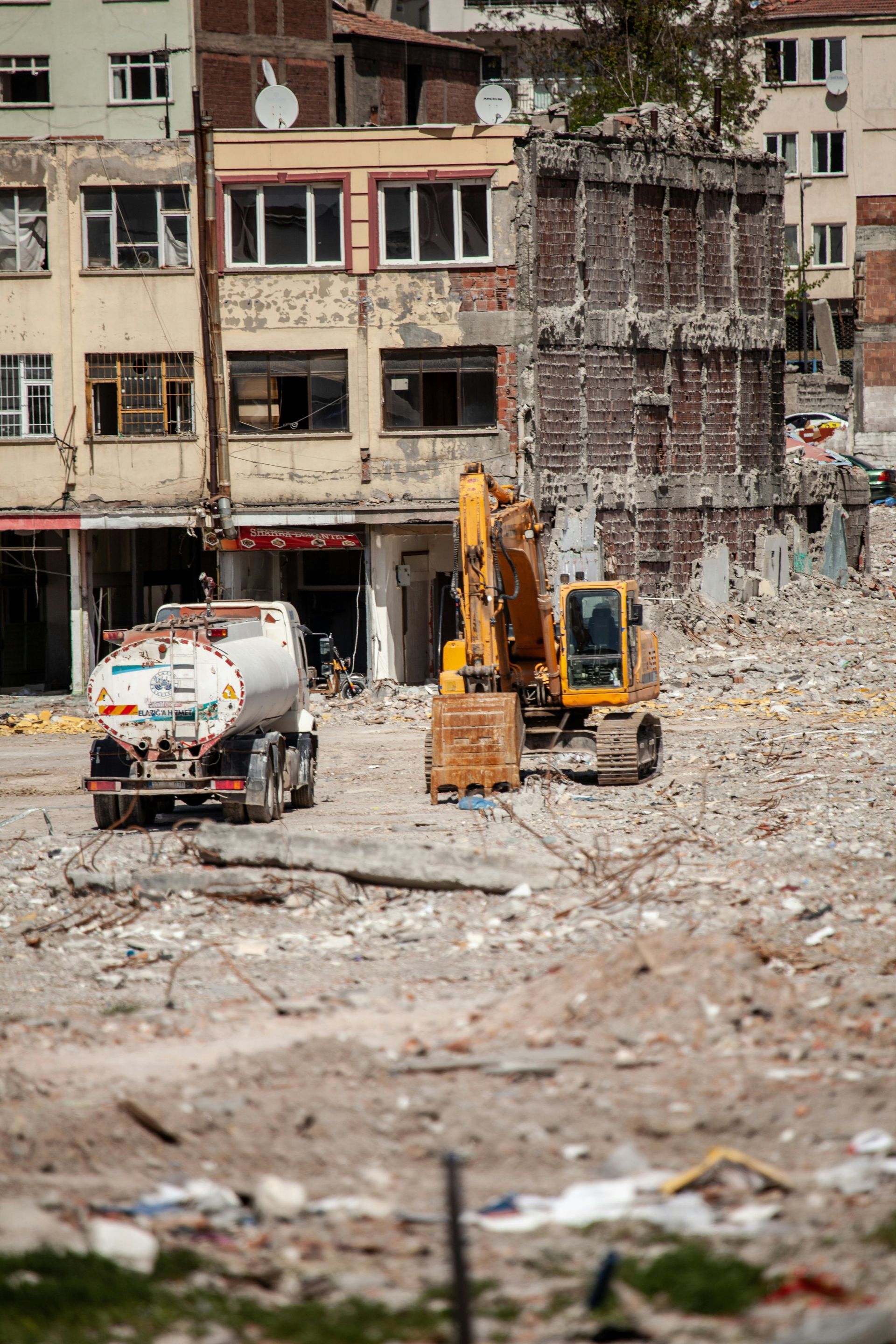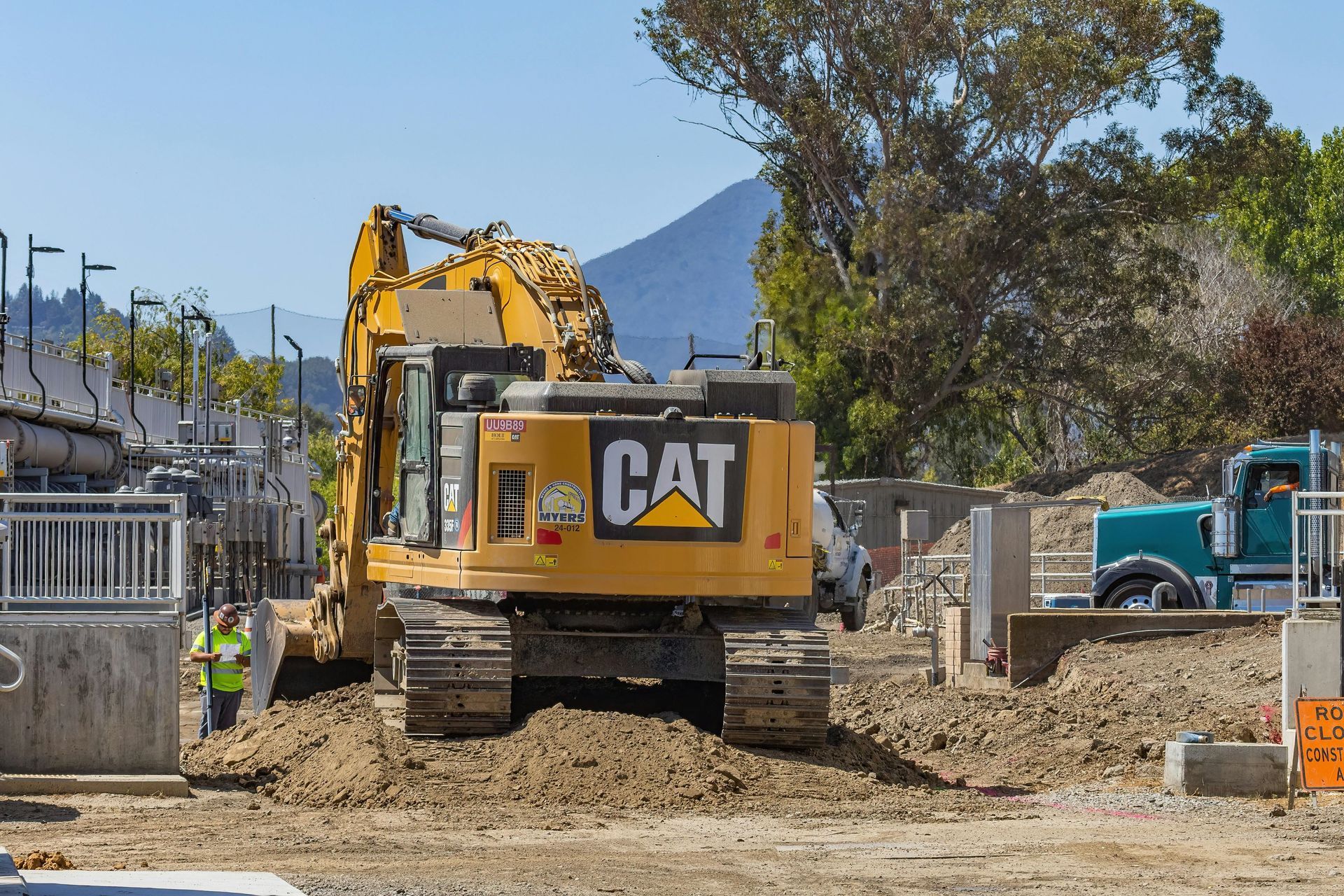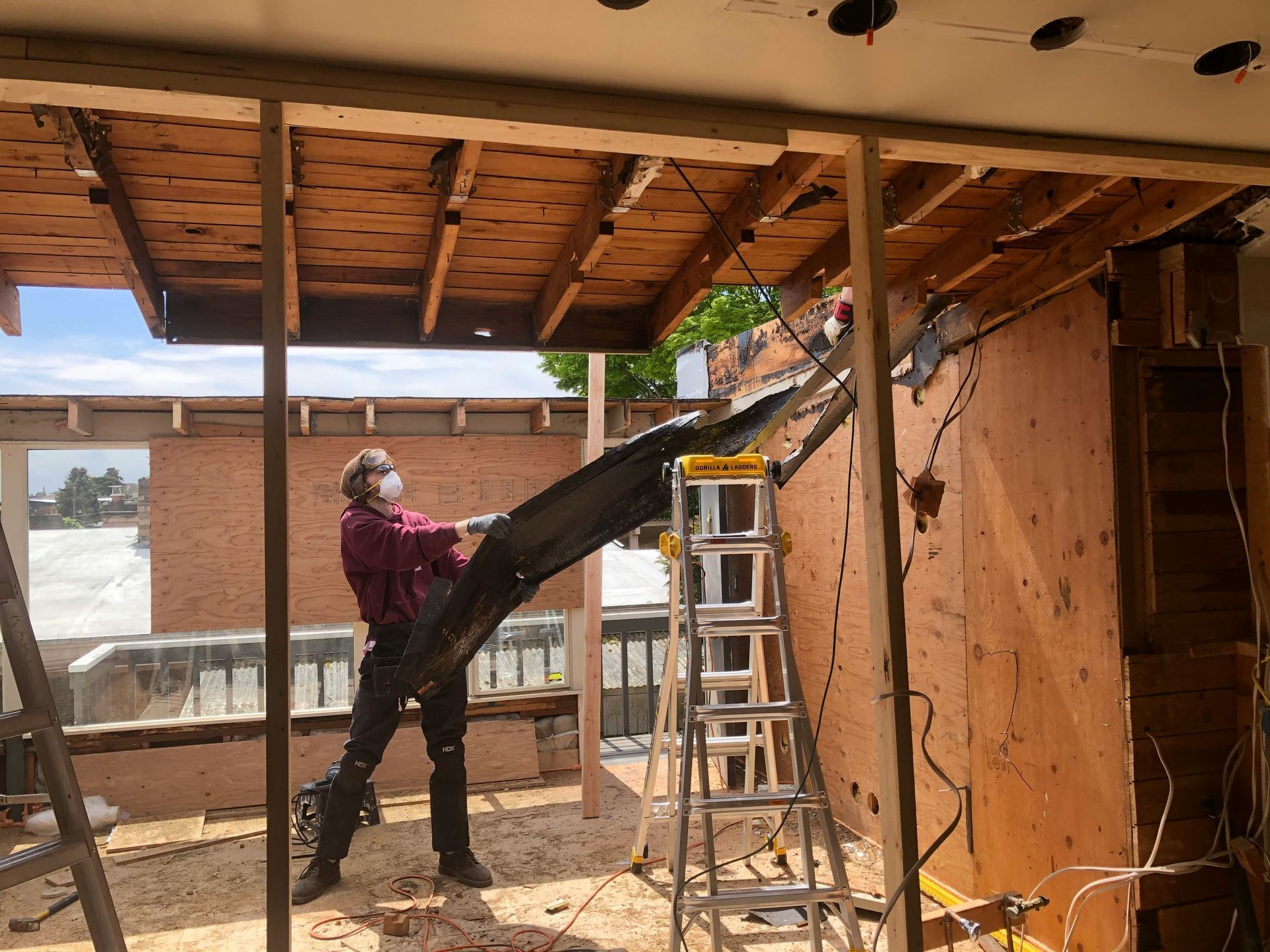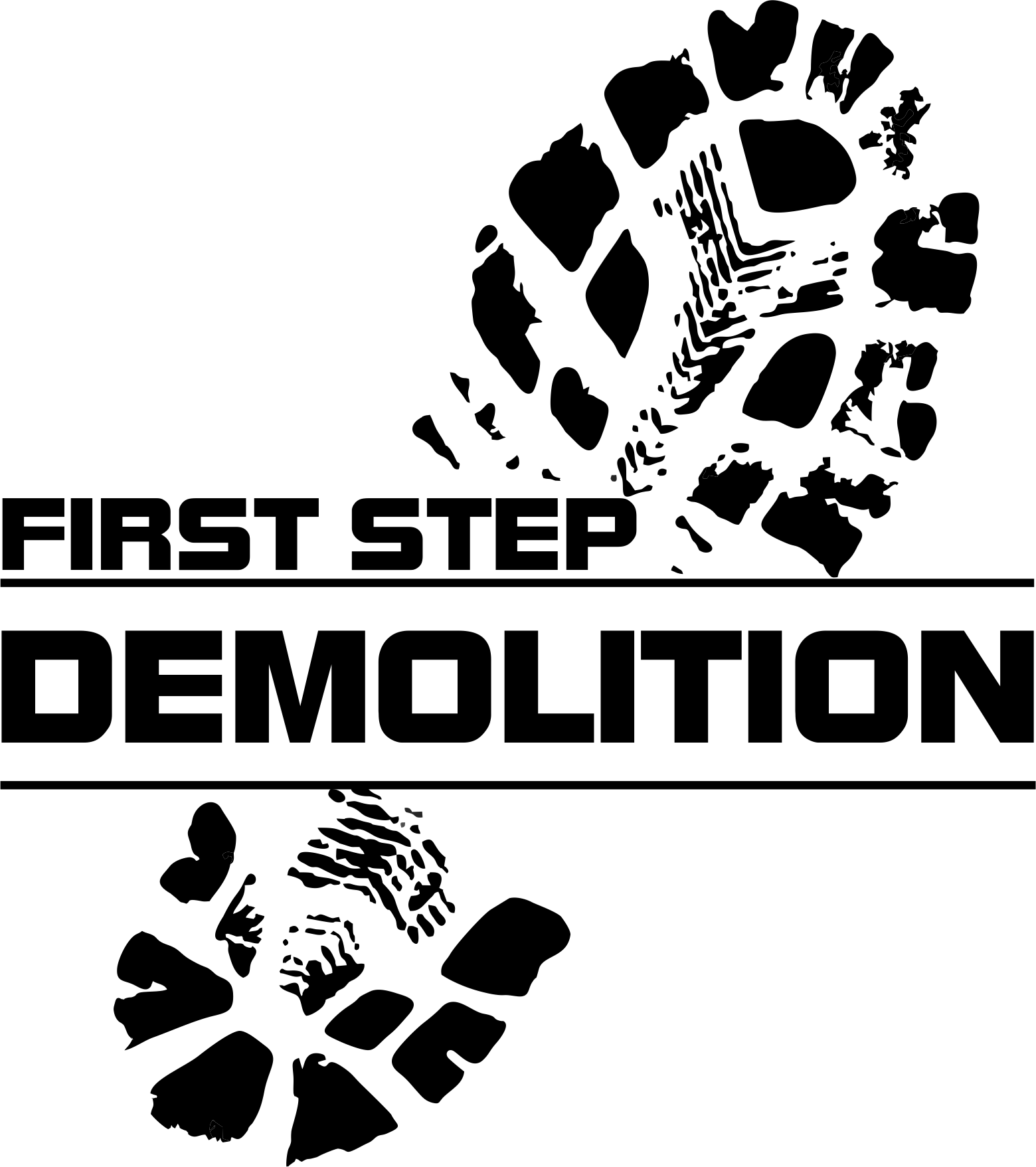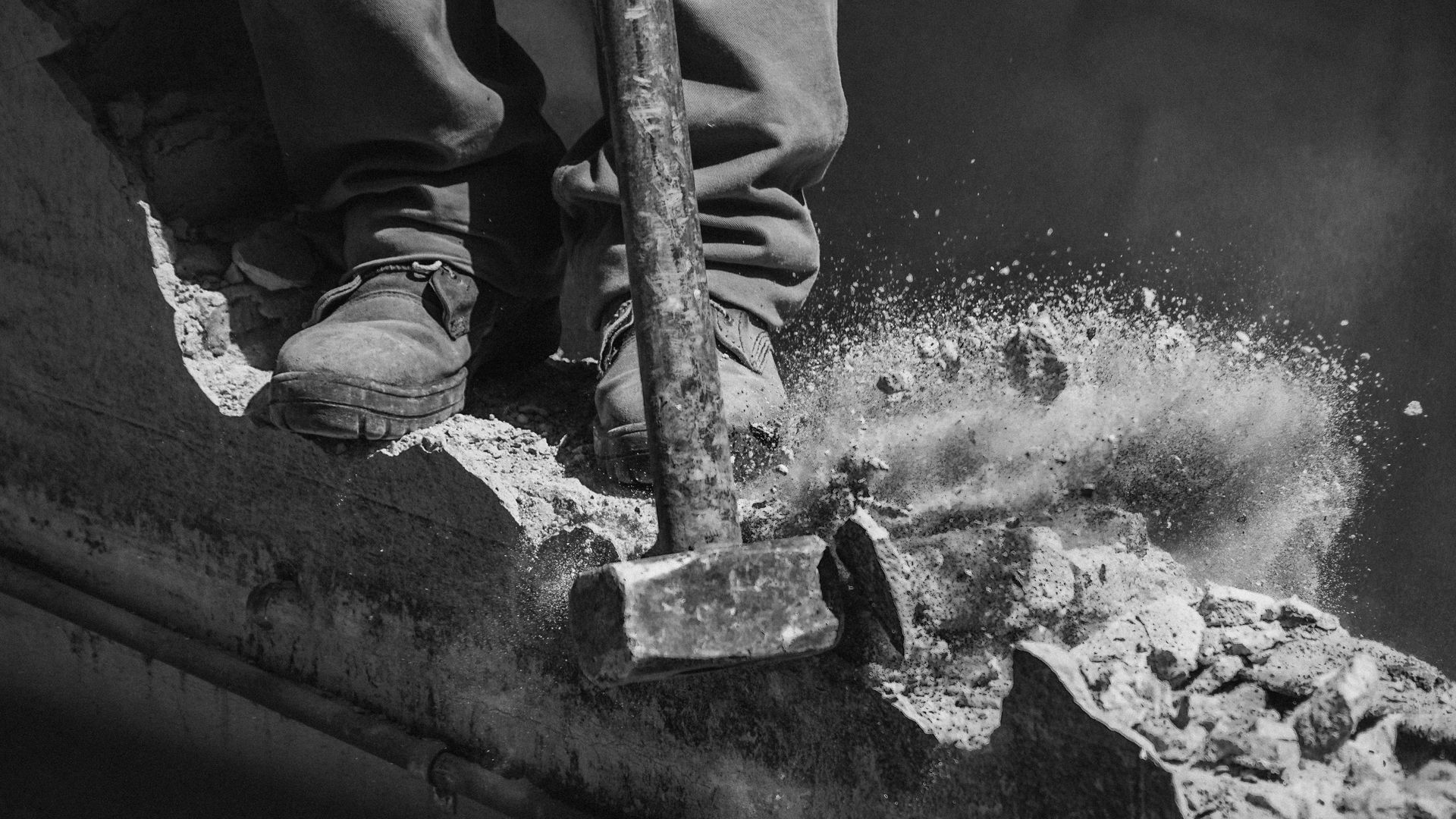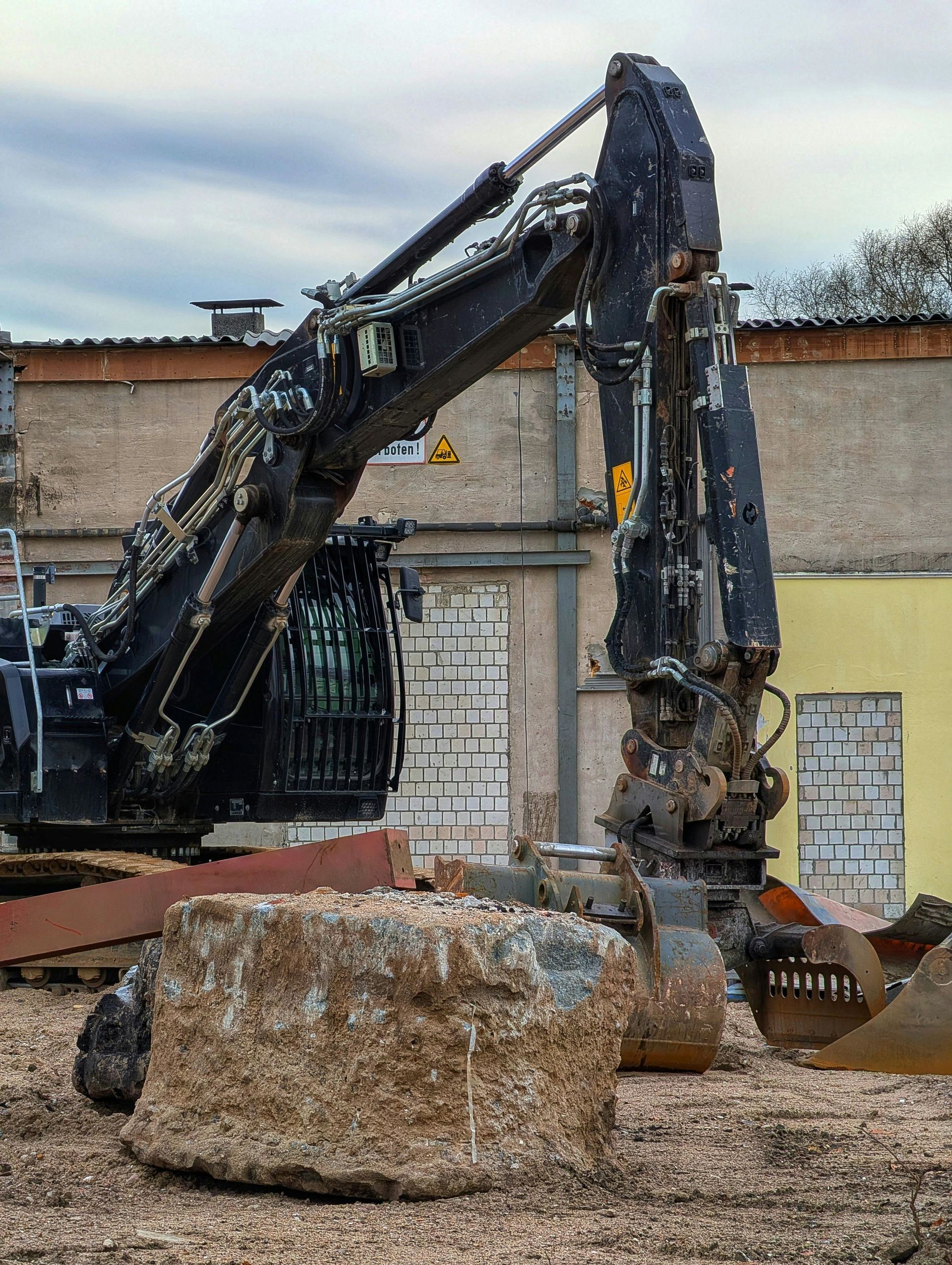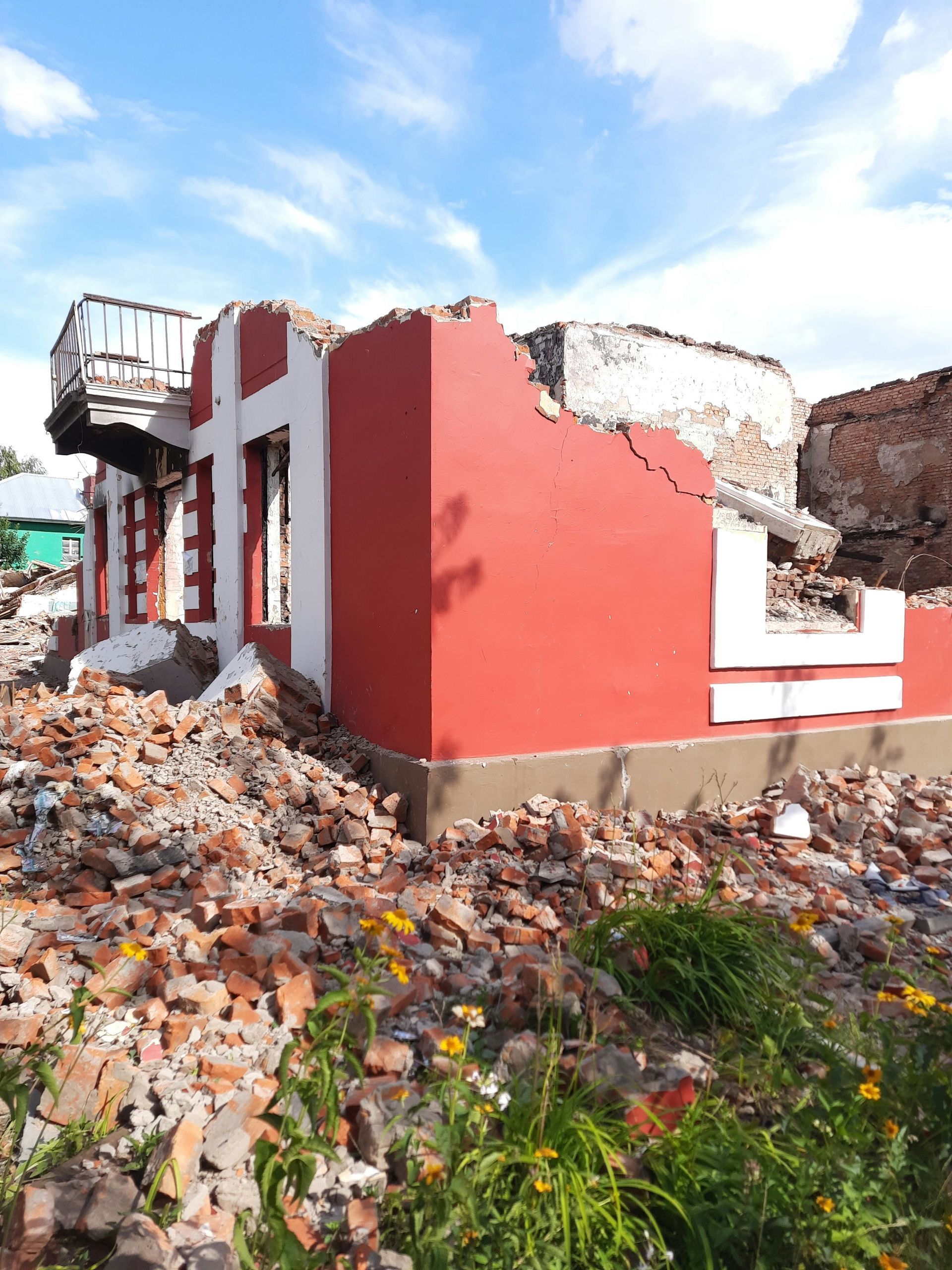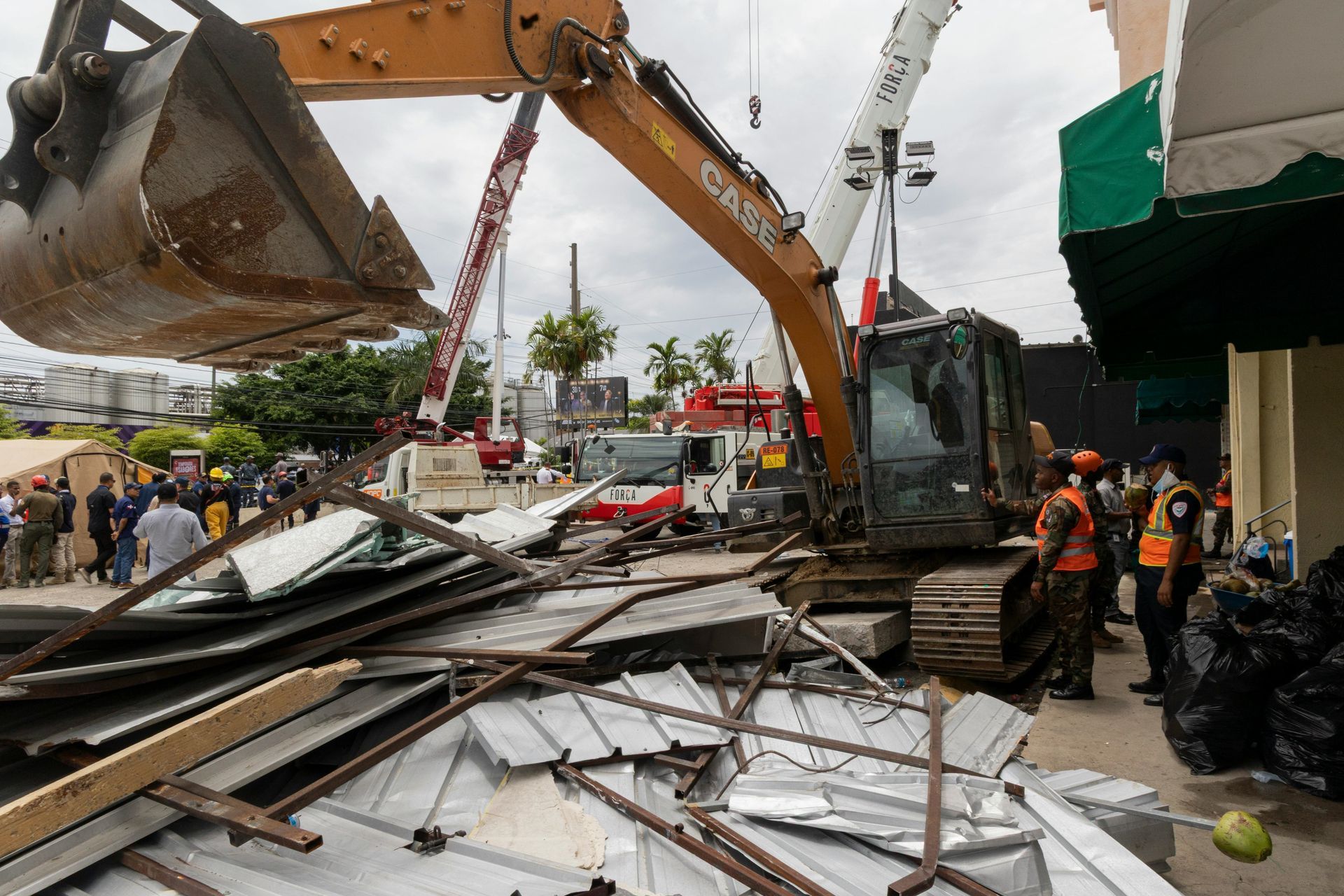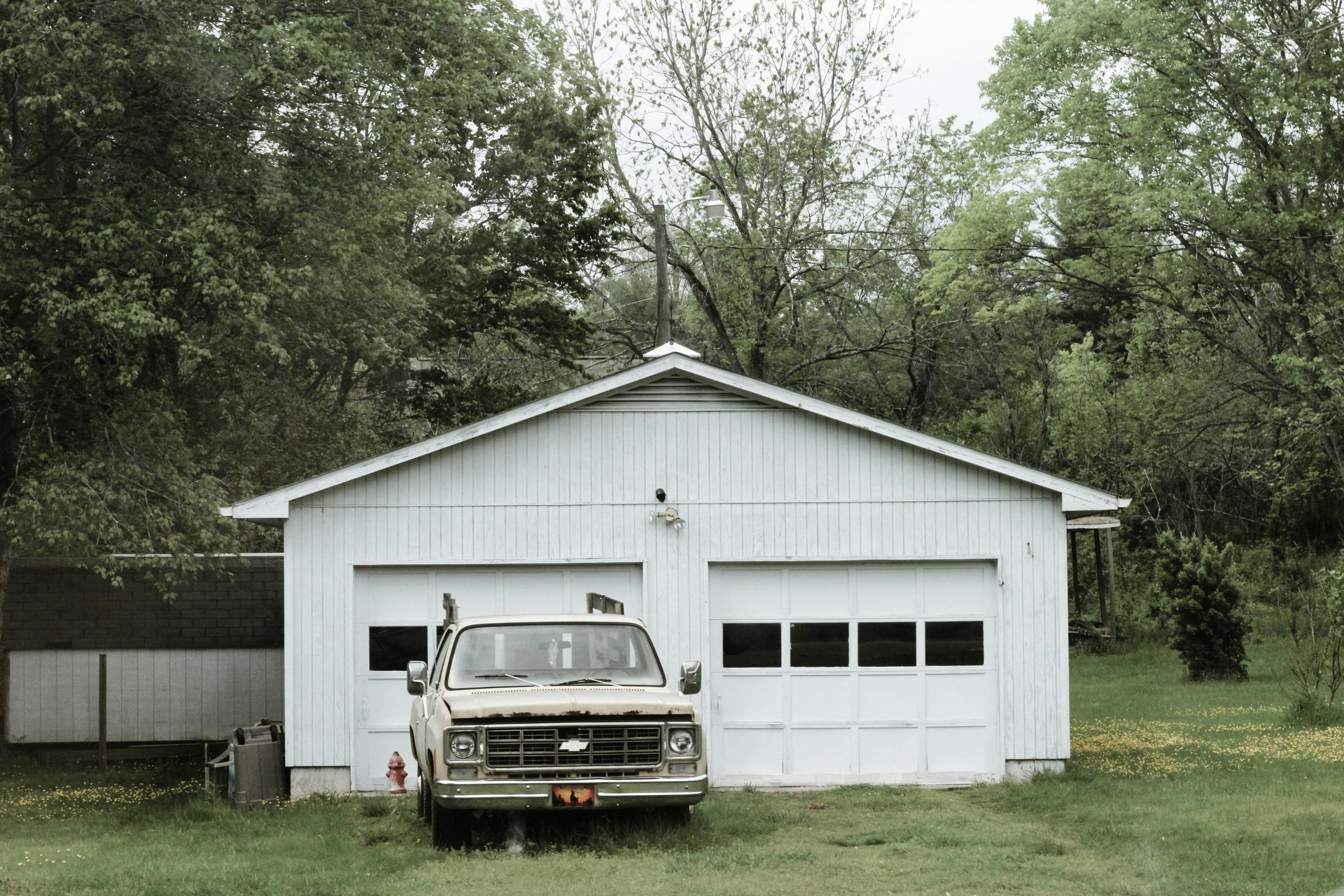How to Create a Customized Demolition Safety Checklist for Your Project
Demolition is a crucial procedure that requires thorough supervision. When it comes to
demolition projects, safety is paramount. You simply cannot proceed with the demolition without having a safety checklist. A well-crafted demolition safety checklist can be the difference between a smoothly run operation and a potentially hazardous situation. While standard checklists provide a good starting point, customizing one to fit your specific project ensures all unique risks are accounted for. That is why in this blog post, we’ll show you how to create a customized demolition safety checklist tailored to your project’s needs. We’ll also discuss the reasons why it’s important to create a customized demolition safety checklist before embarking on a demolition project.
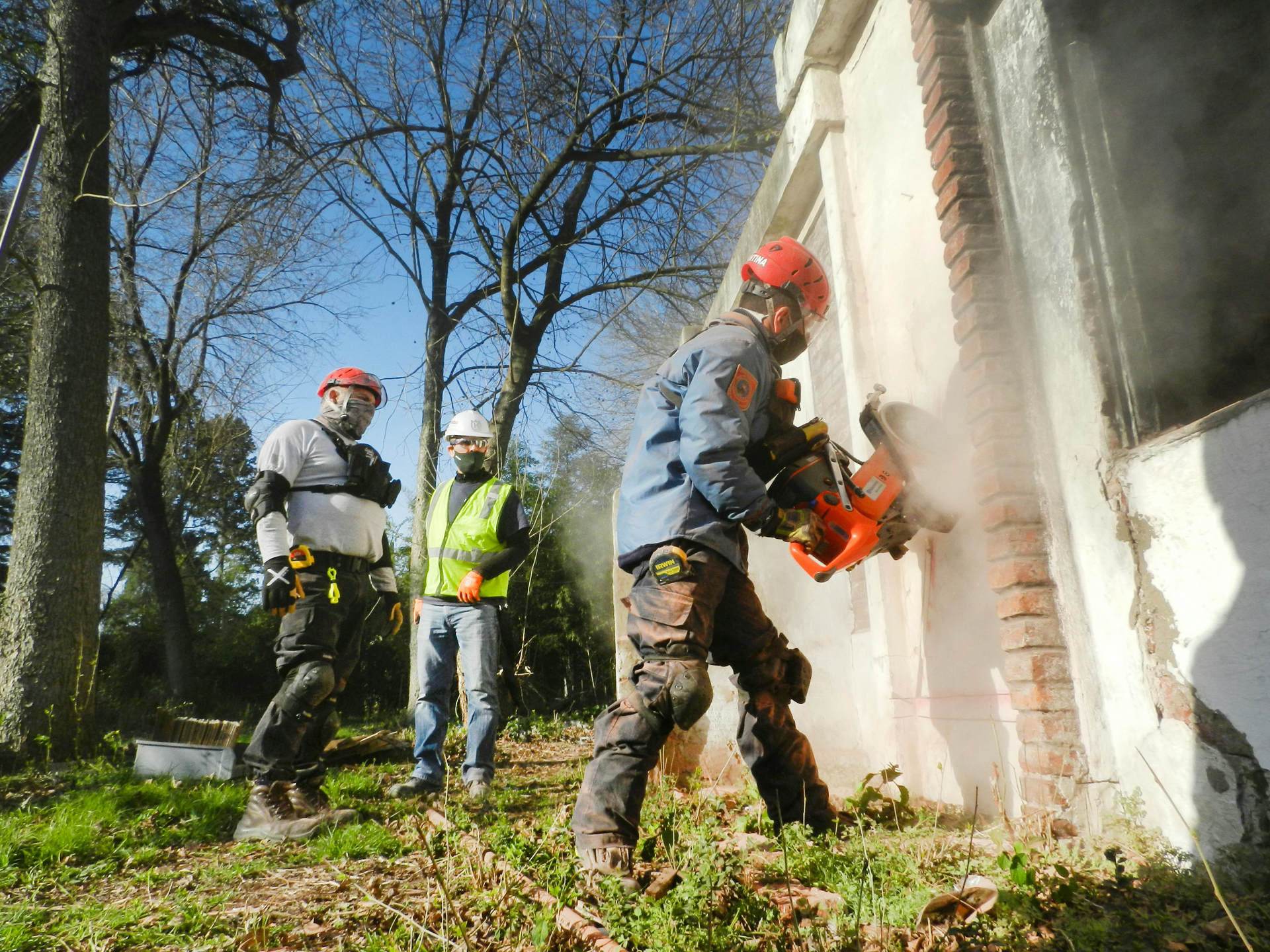
Understanding the Scope of Your Project
Before creating your safety checklist, it’s crucial to thoroughly understand the scope of your demolition project. Different types of structures (residential buildings, commercial sites, industrial complexes) and different environments (urban, suburban, remote) pose distinct challenges. Consider the following:
- Type of Structure: Is it a high-rise, a factory, or a small residential home?
- Location: Are there neighboring buildings or public areas that need special consideration?
- Materials: Are there hazardous materials like asbestos or lead paint?
Pre-Demolition Planning
Pre-demolition planning is an essential step. It involves site surveys, risk assessments, and obtaining necessary permits. Your checklist should include:
- Site Inspection: Conduct a thorough site survey to identify potential hazards.
- Risk Assessment: Evaluate risks associated with the demolition.
- Permit Acquisition: Ensure all necessary permits and legal requirements are met.
- Utility Disconnection: Confirm all utilities (water, gas, electricity) are safely disconnected.
Safety Equipment and Gear
Personal Protective Equipment (PPE) is a critical component of demolition safety. Ensure that your checklist includes:
- PPE Inventory: Hard hats, safety goggles, gloves, steel-toed boots, high-visibility vests, respiratory protection.
- Specialized Gear: Depending on the project, this might include hearing protection, fall protection harnesses, and protective suits.
Training and Communication
Proper training and clear communication can prevent many accidents. Checklist items should include:
- Safety Training: Confirm all workers have received up-to-date safety training.
- Daily Briefings: Conduct daily safety meetings to discuss the day’s tasks and potential hazards.
- Emergency Contacts: Ensure emergency contact numbers are easily accessible.
Environmental Safety
Demolition projects can have significant environmental impacts. Your checklist should cover:
- Hazardous Materials Handling: Procedures for safely removing and disposing of hazardous materials.
- Dust Control: Methods for minimizing dust and airborne particles.
- Waste Management: Plans for sorting, recycling, and disposing of demolition debris.
Equipment Safety
Safe operation of demolition equipment is vital. Include the following in your checklist:
- Equipment Inspection: Daily checks of all machinery to ensure they are in good working condition.
- Operator Training: Verify that all equipment operators are properly trained and certified.
- Maintenance Logs: Keep detailed records of equipment maintenance and repairs.
Emergency Procedures
Preparation for emergencies is a must. Your checklist should incorporate:
- First Aid Kits: Ensure fully stocked first aid kits are readily available.
- Emergency Exits: Clearly mark and keep emergency exits unobstructed.
- Evacuation Plan: Develop and communicate a clear evacuation plan.
Post-Demolition Cleanup
Even after the demolition, safety measures remain crucial. Your checklist should include:
- Site Inspection: Conduct a final site inspection to ensure all hazards have been addressed.
- Debris Removal: Safely remove and dispose of all demolition debris.
- Final Safety Report: Compile a report documenting all safety measures taken and any incidents that occurred.
Customizing for Unique Risks
Each demolition project will have unique risks. Customize your checklist by:
- Consulting Experts: Engage with safety experts to identify specific risks.
- Regular Updates: Periodically review and update the checklist as the project progresses.
- Feedback Loop: Encourage team members to provide feedback on safety practices and potential improvements.
10 Reasons Why Creating a Customized Demolition Safety Checklist is Important
Creating a customized demolition safety checklist is crucial for several reasons:
Compliance with Regulations
Different jurisdictions have varying safety regulations and standards. A customized checklist ensures that all local, state, and federal safety requirements are met, avoiding legal penalties and ensuring a safe working environment.
Site-Specific Hazards
Every demolition site has unique characteristics and potential hazards. A customized checklist allows for the identification and management of these specific risks, whether they relate to structural instability, hazardous materials, or environmental concerns.
Comprehensive Risk Assessment
Customizing the checklist allows for a thorough risk assessment tailored to the specific project. This includes identifying potential hazards, evaluating their severity, and implementing appropriate control measures to mitigate risks.
Enhanced Worker Safety
By addressing site-specific risks and regulatory requirements, a customized checklist ensures that all safety measures are relevant and effective, thereby protecting workers from potential injuries or fatalities.
Efficient Resource Allocation
Tailoring the checklist to the specific needs of the demolition project ensures that resources such as personal protective equipment (PPE), tools, and personnel are allocated efficiently, avoiding wastage and ensuring that all necessary safety measures are in place.
Clear Communication
A customized checklist provides clear and concise instructions specific to the project, enhancing communication among the team. This ensures that everyone is aware of their responsibilities and the safety protocols they need to follow.
Documentation and Accountability
A customized checklist serves as a documented proof of the safety measures implemented, which is important for accountability. It can be used in case of an inspection or investigation to demonstrate compliance and the proactive steps taken to ensure safety.
Adaptability to Project Changes
Demolition projects can evolve, with new hazards emerging as work progresses. A customized checklist can be updated to reflect these changes, ensuring ongoing safety throughout the project lifecycle.
Increased Efficiency and Productivity
A well-thought-out and tailored checklist can streamline the demolition process by ensuring that safety protocols are clear and efficient, reducing downtime caused by accidents or regulatory non-compliance.
Promotes a Safety Culture
Developing and using a customized checklist fosters a culture of safety within the organization, emphasizing the importance of proactive safety management and continuous improvement.
Conclusion
Creating a customized demolition safety checklist is not just a regulatory necessity but a vital component of a successful demolition project. By understanding the specific needs and risks of your project, ensuring thorough planning and training, and maintaining vigilant safety practices, you can protect your team and the surrounding environment. Remember, a well-prepared checklist is a tool that helps foster a culture of safety and efficiency, ultimately leading to the successful completion of your demolition project.
First Step Demolition
At First Step Demolition, we understand that every demolition project comes with its unique set of challenges and hazards. That's why we emphasize the importance of creating a customized demolition safety checklist tailored to your specific needs. Ensure your project's success with a customized demolition safety checklist.
Take the first step towards a safer demolition project!
Contact First Step Demolition today to learn how we can help you create a customized demolition safety checklist that ensures a safe, compliant, and efficient project. Let's work together to make your demolition project a success from the very first step.
